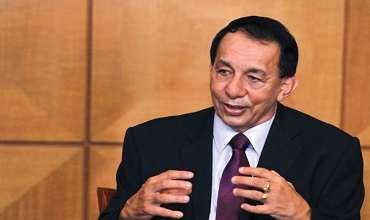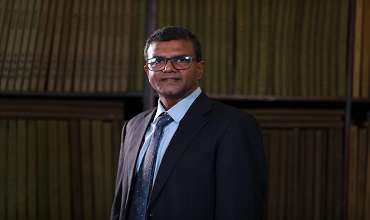(Reuters) - Sri Lanka has sought an additional credit line of $1 billion from India to import essentials amid its worst economic crisis in decades, two sources said on Monday, as the Indian foreign minister held talks with the neighbouring island's government.
The country of 22 million people is struggling to pay for essential imports after a 70% drop in foreign exchange reserves in two years led to a currency devaluation and efforts to seek help from global lenders.
Fuel is in short supply, food prices are rocketing and protests have broken out as Sri Lanka's government prepares for talks with the International Monetary Fund (IMF) amid concerns over the country's ability to pay back foreign debt.
New Delhi has indicated it would meet the request for the new line, to be used for importing essential items such as rice, wheat flour, pulses, sugar and medicines, said one of the sources briefed on the matter.
"Sri Lanka has requested an additional $1 billion credit line from India for imports of essentials," the second source said. "This will be on top of the $1-billion credit line already pledged by India."
Both sources declined to be identified as the discussions were confidential.
The finance and foreign ministries of Sri Lanka, as well as India's foreign ministry, did not immediately respond to requests seeking comment.
You can share this post!
Content

Former Chairman of SriLankan Airlines, Nishantha Wickramasinghe, arrested on allegation of corruption by the Commission to Investigate Allegations of Bribery or Corruption (CIABOC) has been remanded until July 1 by the Colombo Magistrate court.

Deputy Minister of Finance and Economic Stabilization and NPP National List MP Harshana Suriyapperuma who is tipped to be named the next Finance Ministry Secretary resigned from Parliament today.




Leave Comments